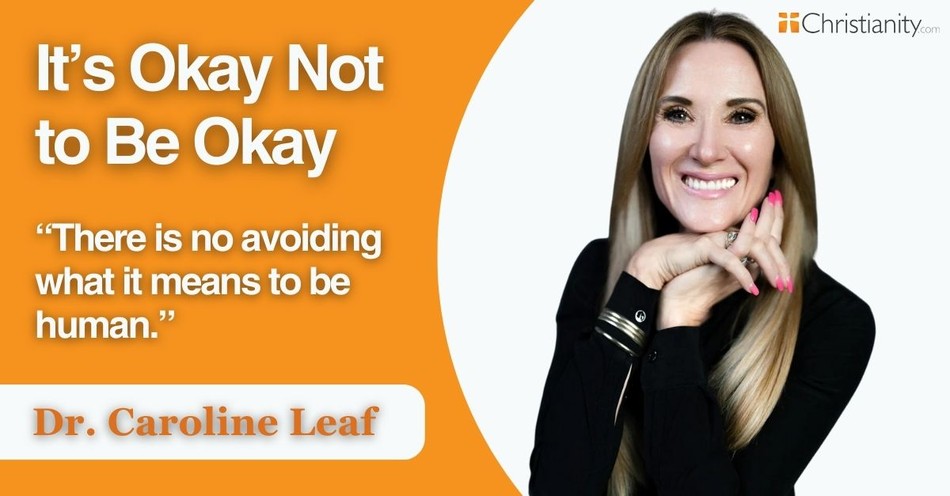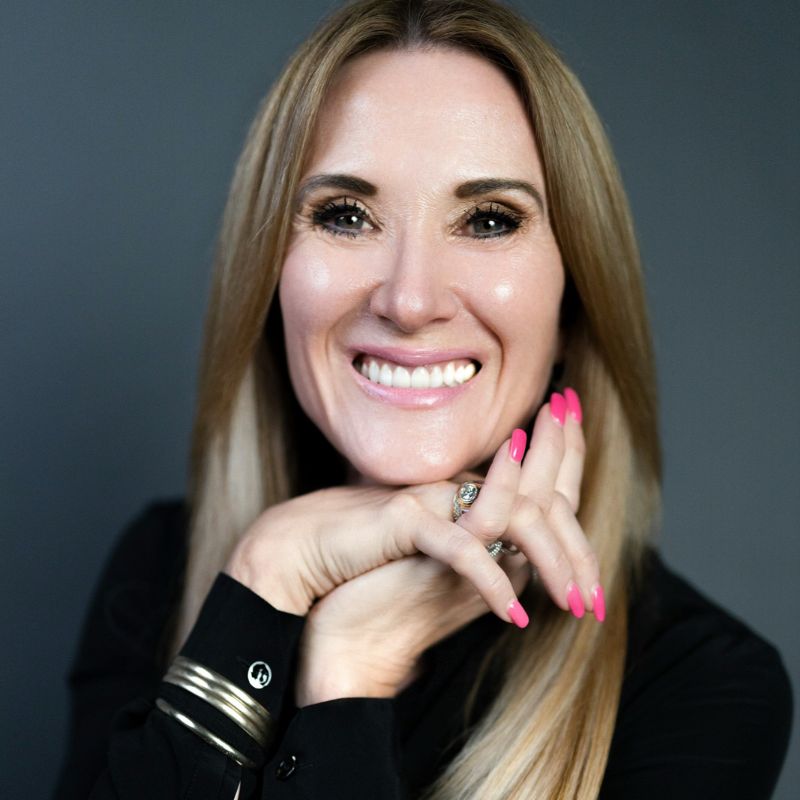
In this podcast (episode #594) and blog, I talk about the 100% happiness fallacy, and why learning how to embrace your pain and rewrite your story is an important part of being truly happy. This is a replay of a Neurolive webinar I did on my app. For the full webinar AD-free, please see Neurocycle.app or look for Neurocycle on the App Store or Google Play.
Does it feel to you like you have to be happy all the time? Often, it feels like happiness and being positive is touted as the wonder drug to solve our problems. It is easy to feel like there is something wrong with you if you are not as happy as other people seem to be! Yes, being happy and optimistic can have a positive impact on our minds, brain and body, but thinking happy thoughts doesn't just eliminate whatever we are going through.
To truly heal and find some measure of intrinsic happiness, we must move beyond positive affirmations and thinking, and face what is holding us back through embracing, processing and reconceptualizing our past pain. If we don’t do this, we won’t truly benefit from positive psychology and happiness techniques. Using the latter before we have processed and managed what has happened to us often results in a toxic positivity cycle, where we feel bad for simply being human and try to ignore our more uncomfortable emotions, which only makes us feel worse!
In fact, research indicates that pursuing happiness in a toxically positive way can impact our ability to fully embrace the human experience, with all its ups and downs and uncertainties. Our lives are infused with fragility, setbacks and unpredictability as much as they are filled with passion, excitement and joy. Using happiness or positive thinking to mask the harsh realities of life will backfire because there is no avoiding what it means to be human.
It is okay to not feel okay. It is okay to not be happy all the time. An adverse emotional response to an adverse life situation is normal. Understandably, we don't want to get stuck in a dark place, but happiness is not a bandage we can slap on all of life’s wounds and just “keep on keeping on”. It is an important part of life, yes, but it also means different things to different people, and will not take away that pain that we experience as we go through life.
If you feel pressured to be happy all the time, take the time to pause and examine your thoughts. Ask yourself:
- Is the happiness fallacy taking up mental real estate in your mind?
- Do you feel guilty when you feel unhappy?
- Do you think that there is something wrong with you when you feel sad, upset or angry?
- Do you feel shame, guilt, and embarrassment if you don't feel happy all the time?
- Do you often tell yourself and others that you just need to “think a positive/happy thought” if you are feeling sad, angry, or any emotion that is considered uncomfortable or negative?
- Do you find yourself ignoring or repressing your suffering or pain?
If you said yes to any of these or all the above, work on reframing how you see happiness and its role in your life. Don't let your guilt consume you; rather, be curious, almost as if you were listening to a friend tell you about their thoughts. And, when you find yourself falling into a pattern of using toxic positivity to suppress your more uncomfortable emotions, pause and say out loud: “Not only is it okay for me to not feel okay, it is part of what it means to be human, and trying to be happy all the time can actually hurt me and make my pain worse.”
For more on the 100% happiness fallacy and learning how to embrace your pain and rewrite your story, listen to my podcast (episode #594). If you enjoy listening to my podcast, please consider leaving a 5-star review and subscribing. And keep sharing episodes with friends and family and on social media. (Don’t forget to tag me so I can see your posts!).
This podcast and blog are for educational purposes only and are not intended as medical advice. We always encourage each person to make the decision that seems best for their situation with the guidance of a medical professional.
Originally published by Dr. Caroline Leaf. Used with permission.
Photo Credit: SWN Design/photo used with permission.





